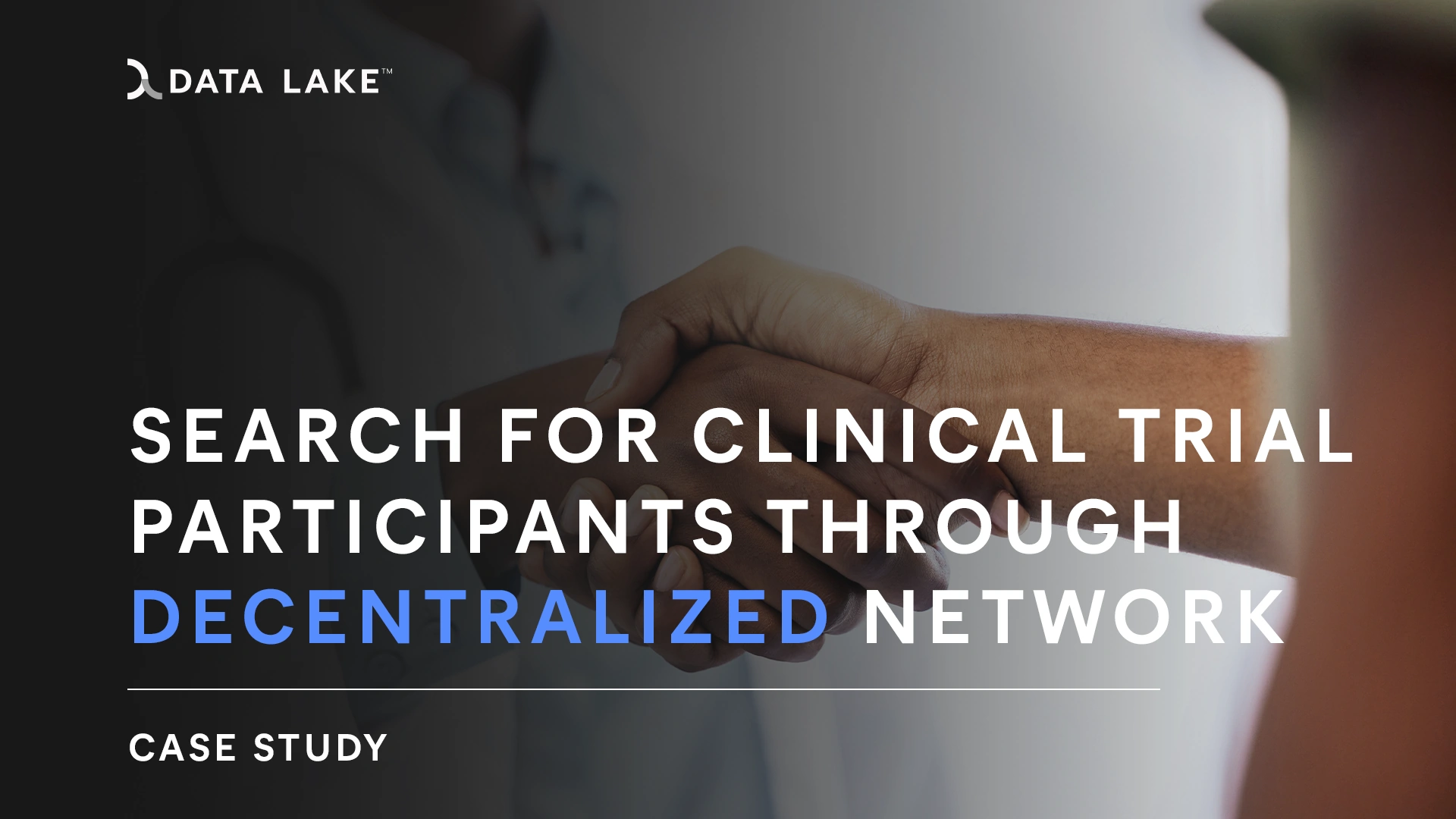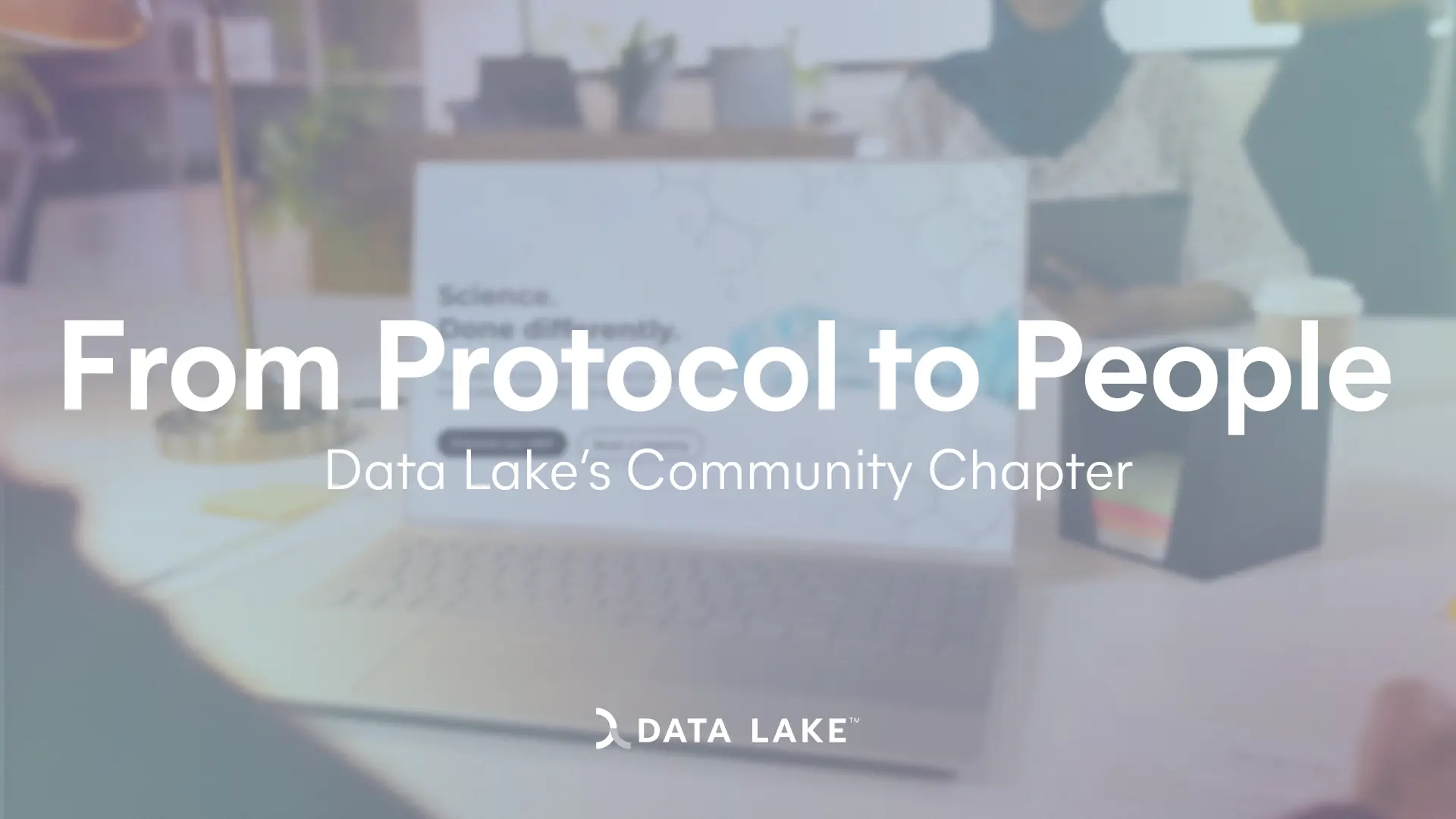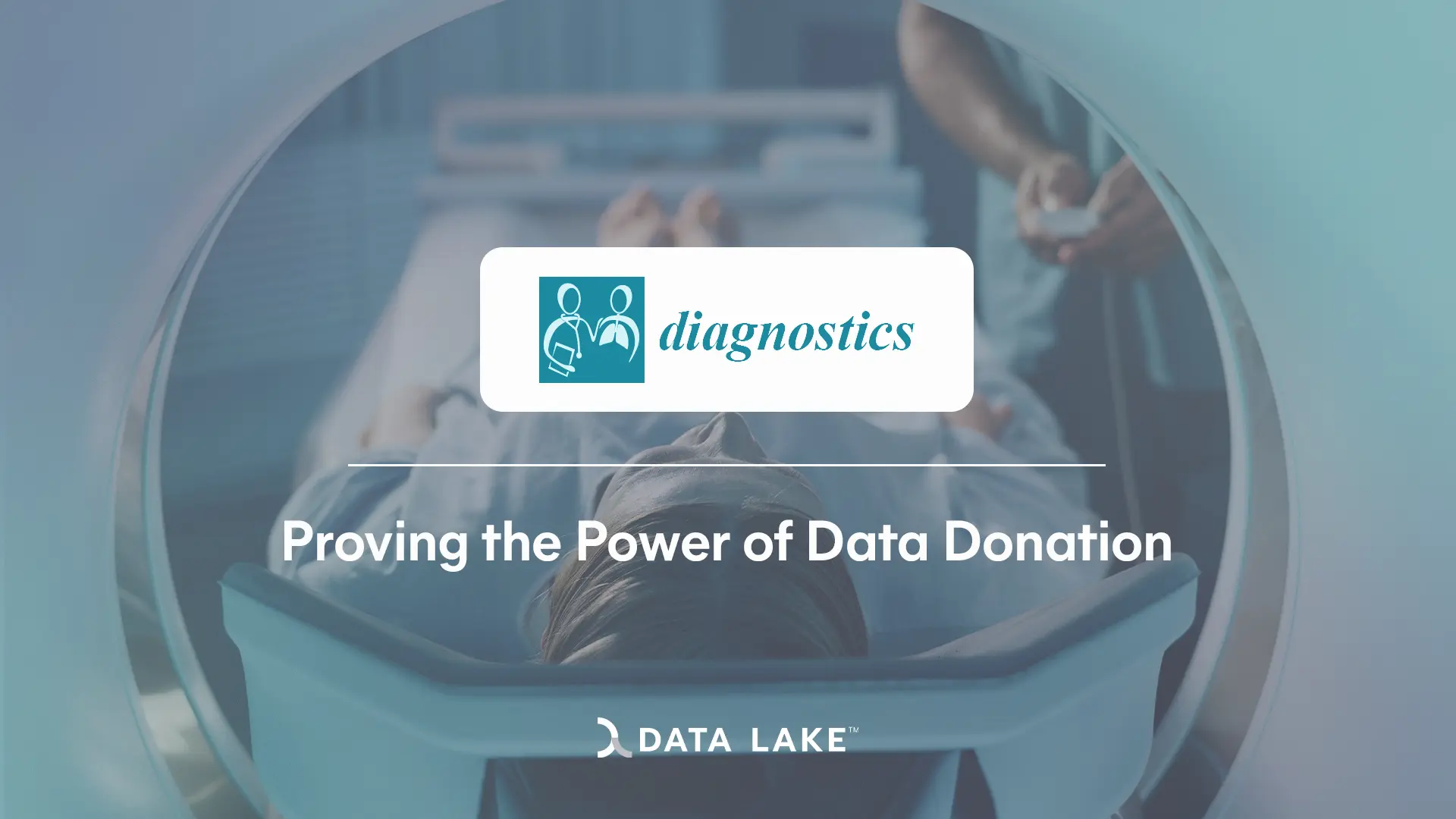Clinical trials play a crucial role in advancing medical research and innovation, yet the process of recruiting participants presents significant challenges. Traditional recruitment strategies rely heavily on centralized databases or recruitment agencies, which often fail to reach individuals who could benefit from participation in clinical trials, thereby impeding research progress and treatment development. Moreover, the cost of patient recruitment for clinical trials is a significant component of the overall expenses, often comprising up to 40% of the total budget. On average, recruiting a single patient for a trial can range between $5,000 to $25,000 USD.
In response to these challenges, this case study investigates the successful implementation of the Data Lake Application in Poland. The innovative approach enabled by our App aims to optimize participant recruitment across multiple clinical trials sponsored by various entities and addressing diverse therapy areas. Collaborating closely with a leading several Site Management Organizations (SMOs), this initiative seeks to enhance the efficiency and effectiveness of clinical trial recruitment in Poland’s dynamic medical landscape.
Trends and implications
Centralized and decentralized clinical trials represent two evolving approaches in the realm of medical research. Each approach comes with its own set of trends and implications, which are crucial for understanding the shifting landscape of clinical trial methodologies:
-
Digital Transformation: Clinical trials are increasingly leveraging digital technologies such as wearables, mobile apps, and telemedicine to collect data remotely and streamline processes.
-
Patient-Centricity: There’s a growing focus on patient-centered approaches in clinical trials, including patient engagement, empowerment, and feedback mechanisms to improve participant experience and retention.
-
Decentralized Clinical Trials: Decentralized trials enable broader participation by removing geographical barriers, allowing patients to participate from their homes or local healthcare facilities. By eliminating the need for frequent site visits and travel expenses, decentralized trials reduce the burden on participants and lower operational costs for sponsors, making clinical research more efficient and cost-effective. With remote monitoring and digital data collection tools, decentralized trials facilitate real-time data capture, allowing for timely insights into patient responses, treatment outcomes, and adverse events. Last but not least, Decentralized trials can expedite participant recruitment and enrollment processes by tapping into larger and more diverse patient pools, accelerating the pace of research and time-to-market for new therapies.
-
Adaptive Trial Designs: Adaptive designs allow for modifications during the trial based on interim data analysis, optimizing resource allocation, and accelerating decision-making processes.
-
Regulatory Changes: Regulatory bodies are adopting more flexible and agile approaches to accommodate innovation, speed up approval processes, and ensure patient safety in clinical trials.
Case Study: Data Lake App enabling Decentralized and Referral-based Patients Recruitment.
Leading Site Management Organizations (SMOs) and Clinical Research Organizations (CROs) in Poland are currently conducting several clinical trials across various therapeutic areas. Despite exhaustive outreach endeavors, recruitment rates remain below optimal levels, resulting in trial completion delays and impeding the pace of medical advancement.
The primary obstacle lies in efficiently identifying and enlisting eligible participants for numerous clinical trials spread across diverse geographical regions and medical institutions. Conventional recruitment techniques, including advertisements, centralized databases, and in-house referrals, have proven inadequate in reaching the desired target demographic. Moreover, the process of consent collection and management often proves inefficient, frequently relying on outdated paper-based methods.
To confront this challenge head-on, Data Lake has proposed a decentralized search approach. Leveraging its extensive network of referral medical personnel and a cutting-edge blockchain-based application, Data Lake aims to streamline the collection and management of patients consents for preselection for clinical trials. The strategy entails empowering healthcare professionals—comprising physicians, nurses, and allied health workers—across affiliated medical facilities to identify and refer potential participants through the Data Lake Application. This innovative approach ensures both the efficiency and transparency of the recruitment process, fostering enhanced engagement and participation in clinical research endeavors.
Implementation
Network Establishment: Data Lake has established a network of referral medical staff across its affiliated medical facilities. This network includes regular communication channels, engaging training sessions, and informative materials designed to educate medical staff about ongoing clinical trials, eligibility criteria, and referral procedures. Each medical staff member within the network possesses a sub-account and the capability to enroll patients in various trials seamlessly.
Referral Process: Encouraging proactive patient identification, medical staff diligently screen for eligible participants during routine clinical encounters or through medical records review. Once potential participants are identified, medical staff provide comprehensive education and securely collect consents using the Data Lake Application. Consent statuses are recorded on blockchain, ensuring transparency and accessibility through the blockchain explorer.
Streamlined Communication: The Data Lake Application serves as a central communication platform, facilitating seamless information exchange between referring medical staff and trial coordinators from the Site Management Organizations (SMO) and Clinical Research Organization (CRO). This platform enables efficient tracking of referrals, streamlined follow-up communication, and prompt provision of feedback to referring staff members.
Incentive Mechanism: To incentivize active participation, Data Lake has implemented a recognition program that acknowledges the invaluable contributions of referring medical staff. This includes incentives such as fees for participant education during trials. Furthermore, Data Lake is exploring additional incentivization through a benefit panel powered by the $LAKE token.
Results
While the wide roll-out of the decentralized search is currently underway (Q1 2024), the pilot phase conducted in Q4 2023 has already demonstrated the immense efficiency of decentralized recruitment, surpassing industry benchmarks.
In the last study, more that 40% of patients who provided their consents were eligible to be randomized to clinical trial. This means that the recruitment process through Data Lake is by far more effective than any other recruitment method.
In particular, the results achieved where:
-
Increased Participant Enrollment: The decentralized approach is anticipated to significantly boost the number of eligible participants referred to clinical trials compared to traditional methods.
-
Enhanced Geographic Reach: Leveraging the existing network of referral medical staff, Data Lake aims to effectively reach potential participants in diverse geographical locations, including rural areas, thus democratizing access to life-saving therapies.
-
Improved Efficiency: The streamlined referral process and centralized communication platform are poised to expedite participant identification, enrollment, and trial initiation.
-
Enhanced Stakeholder Engagement: The incentive mechanism promises to cultivate greater engagement and collaboration among referring medical staff, ensuring sustained participation in the referral process.
Conclusion
The implementation of a decentralized search system utilizing a network of referral medical staff underscores Data Lake’s strategic approach to enhancing participant recruitment across multiple clinical trials, disrupting the $100 billion market of patient recruitment worldwide. This innovative approach not only streamlines the recruitment process but also taps into a vast pool of potential participants who may have been previously underserved or inaccessible through traditional methods. Data Lake anticipates rapid expansion of its referral network not only within Poland but potentially across other countries as well. This expansion holds the promise of democratizing access to clinical trials and research projects, particularly in regions where access to such opportunities has historically been limited.




